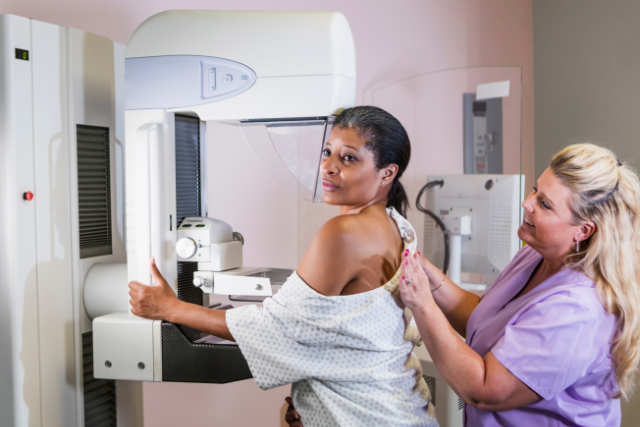Nairobi, Kenya — A groundbreaking multinational study is underway to improve how pre-eclampsia, a leading cause of maternal and newborn deaths, is screened and prevented in low-resource settings. The PEARLS (Pre-eclampsia Risk-screening and prevention) project, led by an international research consortium, will focus on optimizing risk assessments and preventive strategies across Ghana, Kenya, and South Africa.
Pre-eclampsia, a life-threatening hypertensive disorder during pregnancy, affects approximately 8% of pregnancies worldwide, according to the World Health Organization (WHO), and is responsible for a significant proportion of maternal and perinatal deaths, especially in sub-Saharan Africa.
At the heart of the PEARLS study is a dual strategy: validating an AI-powered ultrasound tool for gestational age estimation and evaluating a pre-eclampsia risk-screening algorithm tailored for use in resource-limited clinical settings.
Researchers will also conduct a randomized trial to compare the efficacy of two aspirin dosages—75 mg versus 150 mg daily—in preventing pre-eclampsia among pregnant women identified as high-risk. Current WHO recommendations endorse low-dose aspirin (75-150 mg) as a preventive measure, but data on optimal dosing in African populations remains scarce.
“Pre-eclampsia contributes disproportionately to maternal deaths in sub-Saharan Africa due to delayed diagnosis and limited access to specialized care,” said Dr. Eva Omondi, a maternal health researcher based in Nairobi. “The PEARLS study is uniquely positioned to validate tools that could be scaled up within existing healthcare frameworks.”
The AI ultrasound device under evaluation uses machine learning algorithms to estimate gestational age with high precision—a crucial factor in pre-eclampsia risk assessment and timely aspirin intervention. Its deployment aims to bridge gaps in obstetric imaging where sonographers and radiologists are in short supply.
The PEARLS study employs a mixed-methods approach, integrating quantitative surveys with qualitative interviews of pregnant women, healthcare providers, and health system stakeholders. This ensures the technology and protocols being piloted are culturally acceptable and operationally feasible.
“Effective implementation science means working closely with the communities we serve,” said Dr. Thandiwe Mokoena, a lead investigator in Johannesburg. “Our formative research will help ensure that any AI-based tools or revised aspirin regimens are not only effective but also trusted by women and providers alike.”
Despite ongoing global efforts to reduce maternal mortality under Sustainable Development Goal 3.1, progress in sub-Saharan Africa remains slow. According to the most recent WHO data, two-thirds of all maternal deaths globally occur in the region, with hypertensive disorders like pre-eclampsia as major contributors.
The PEARLS project aligns with a broader push to harness AI and precision medicine for maternal health in under-resourced areas. It also feeds into global conversations about ethical AI deployment in healthcare, especially where health inequities are stark.
The research team anticipates preliminary results in late 2025, with aspirations to integrate successful interventions into national maternal health guidelines across participating countries.




